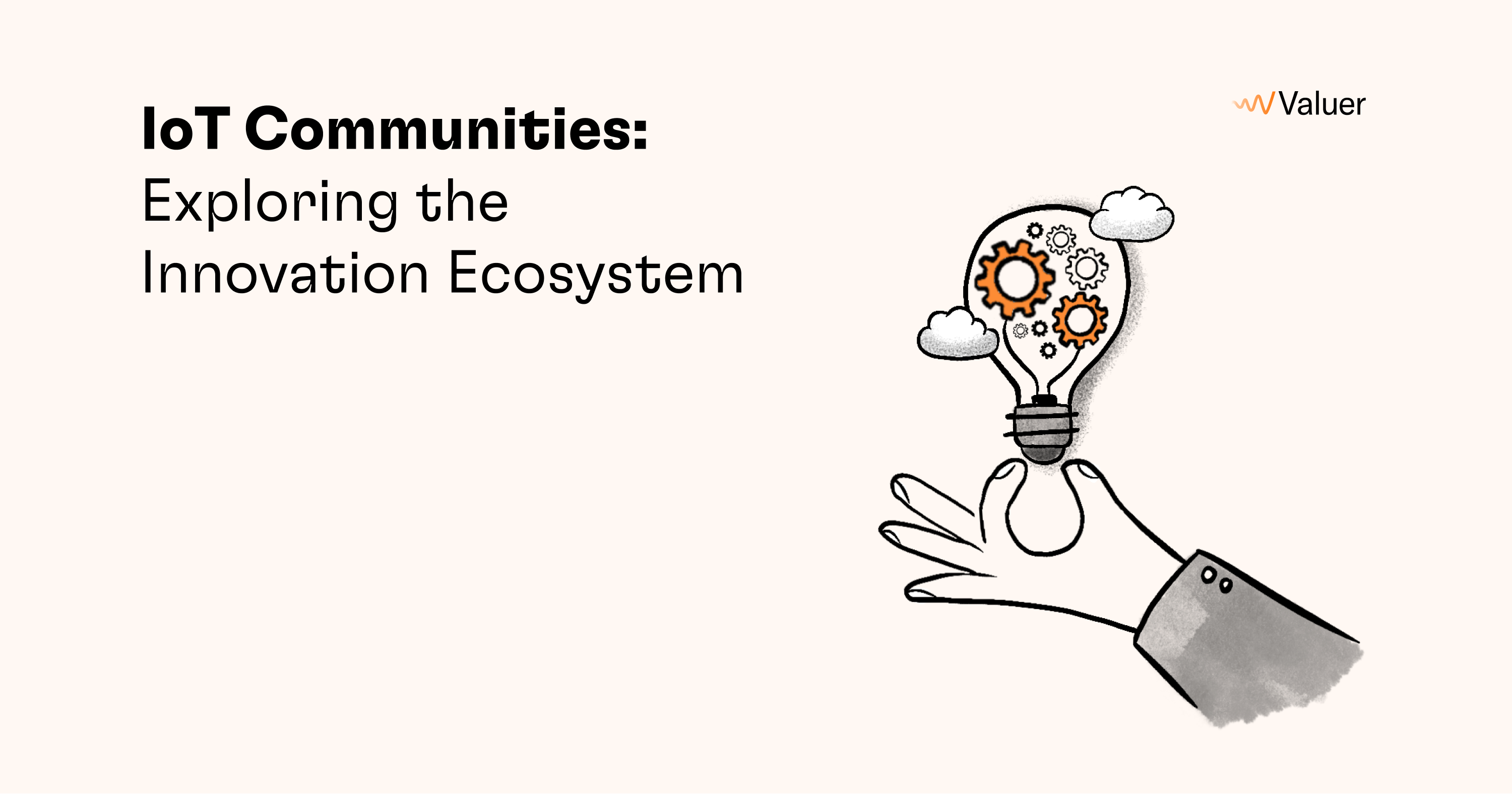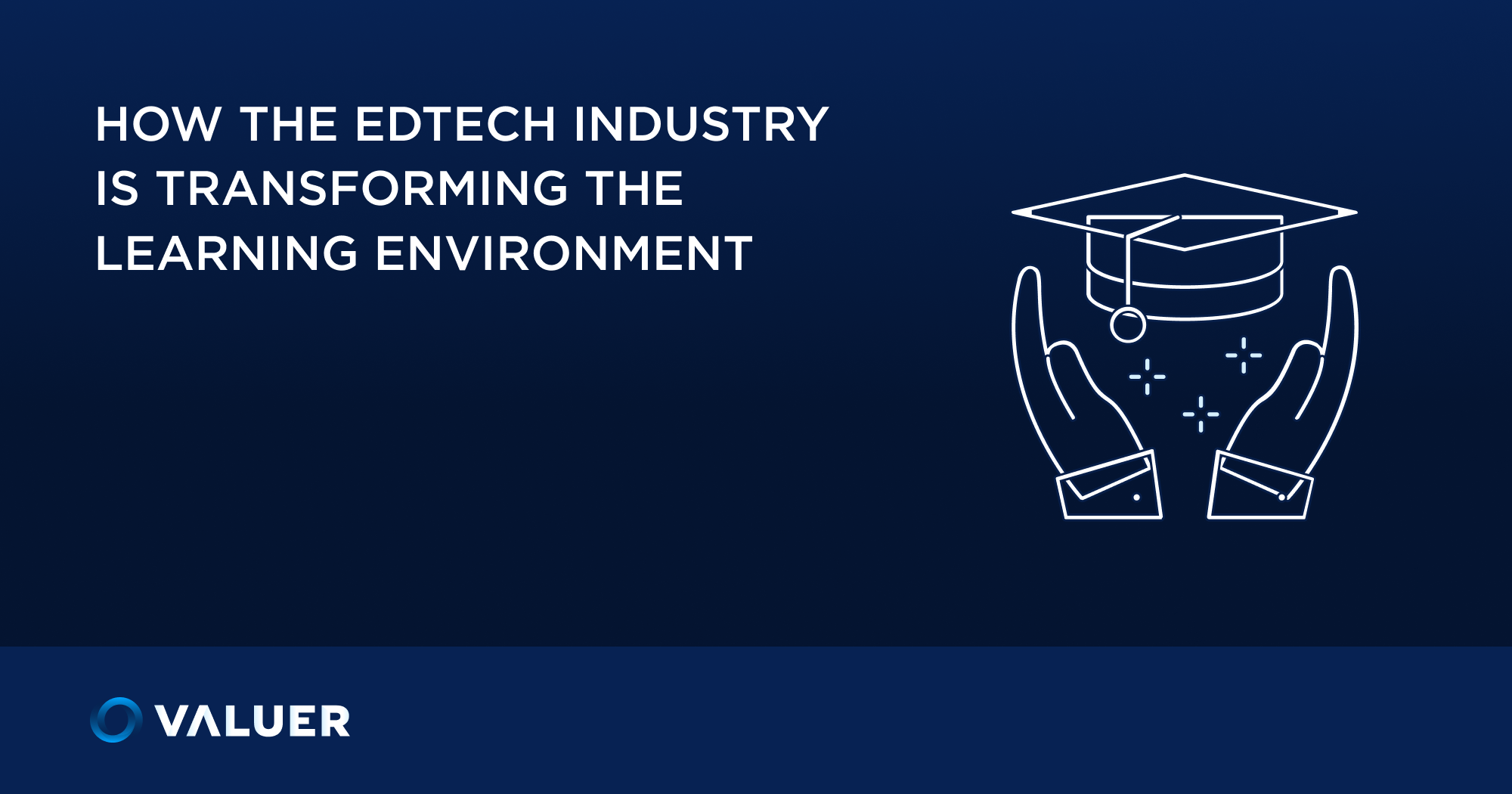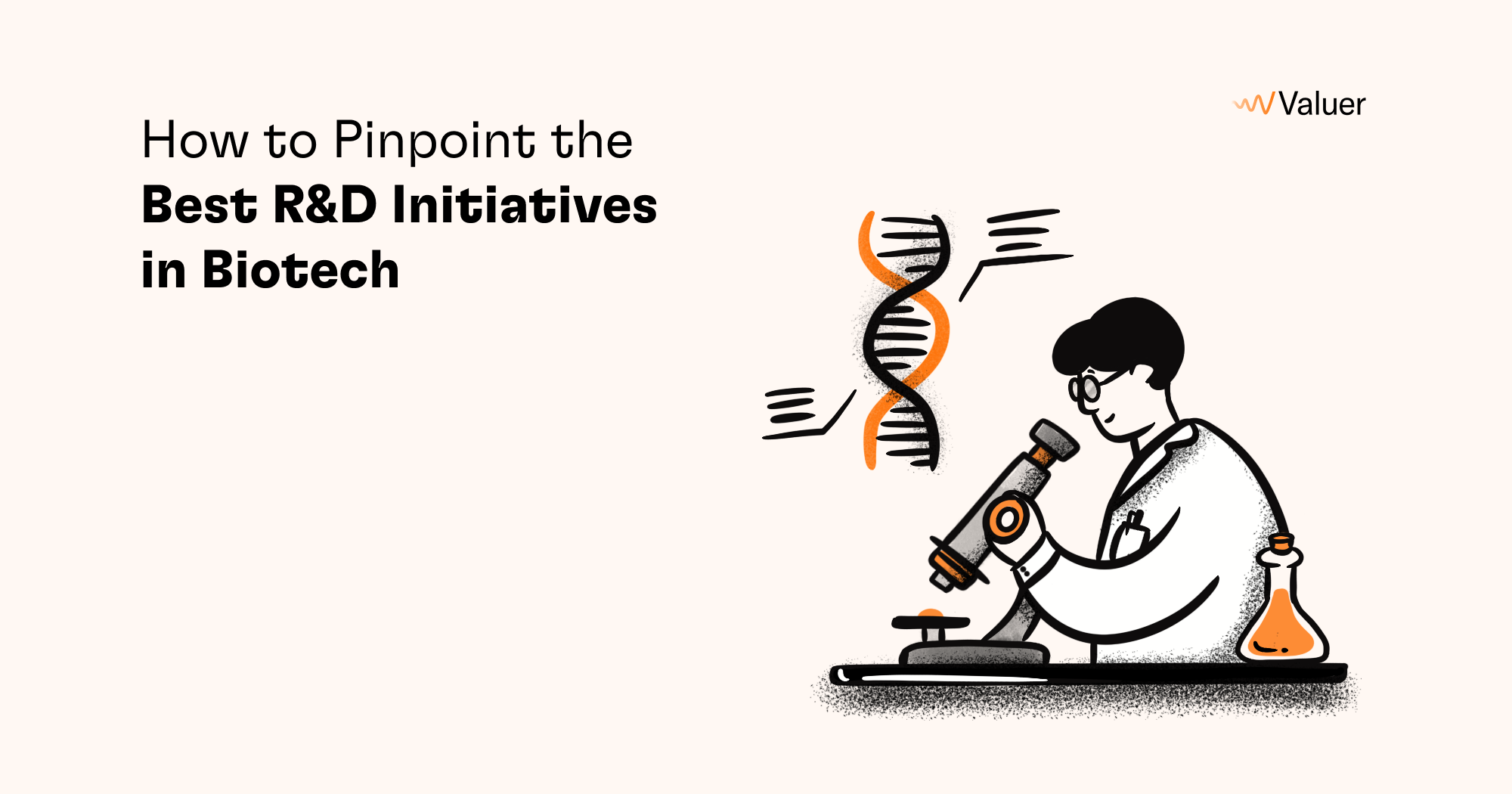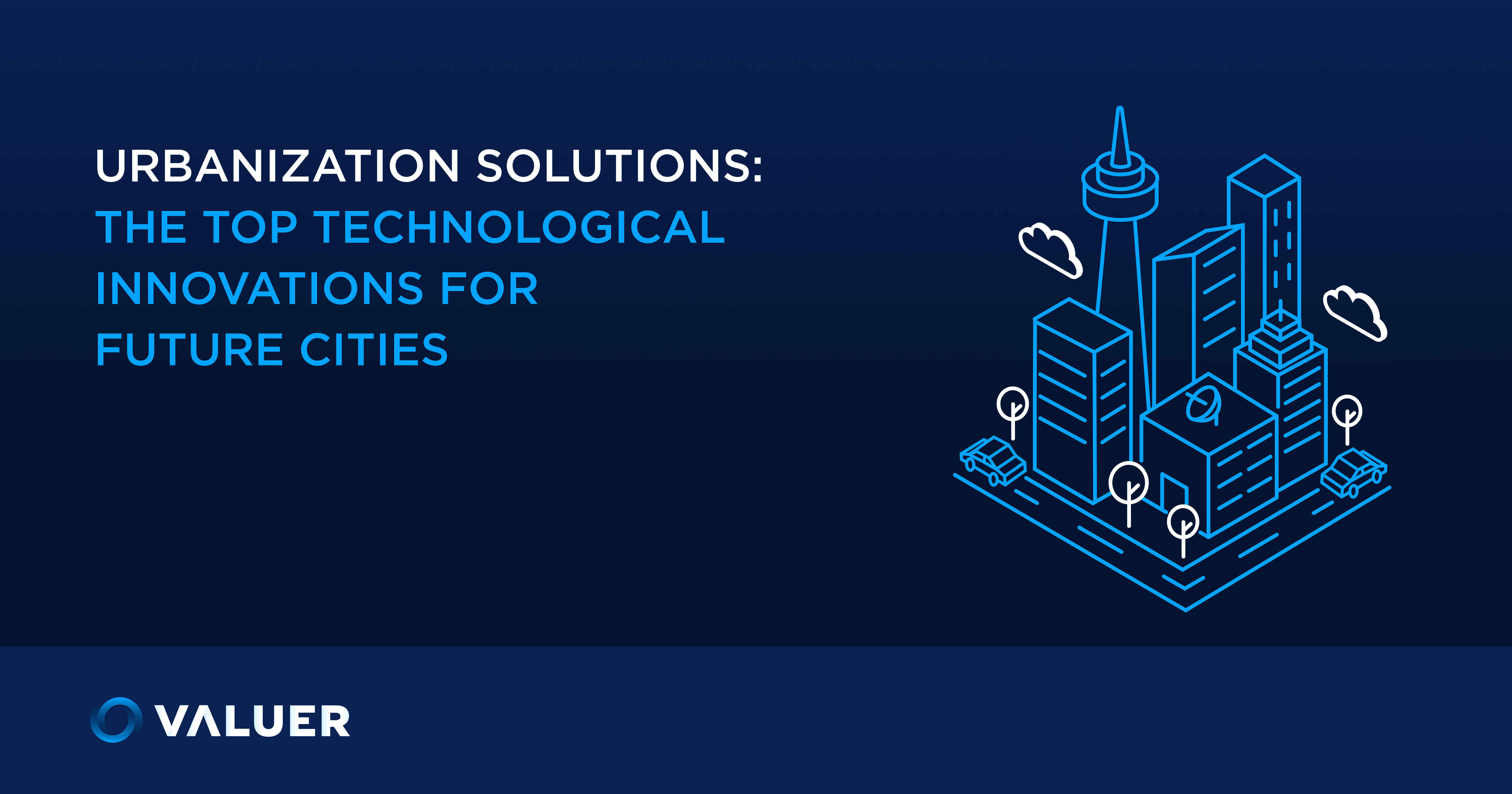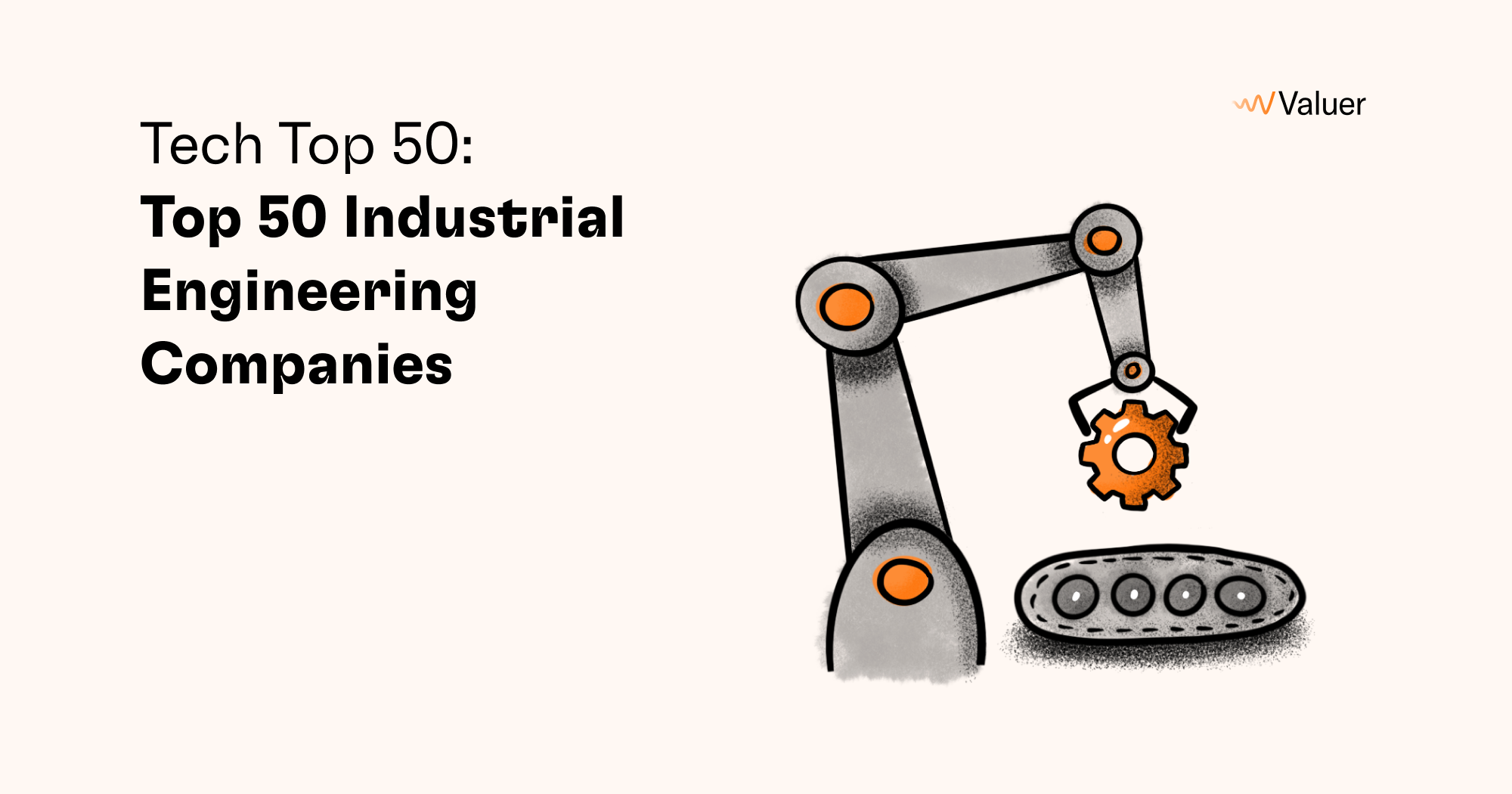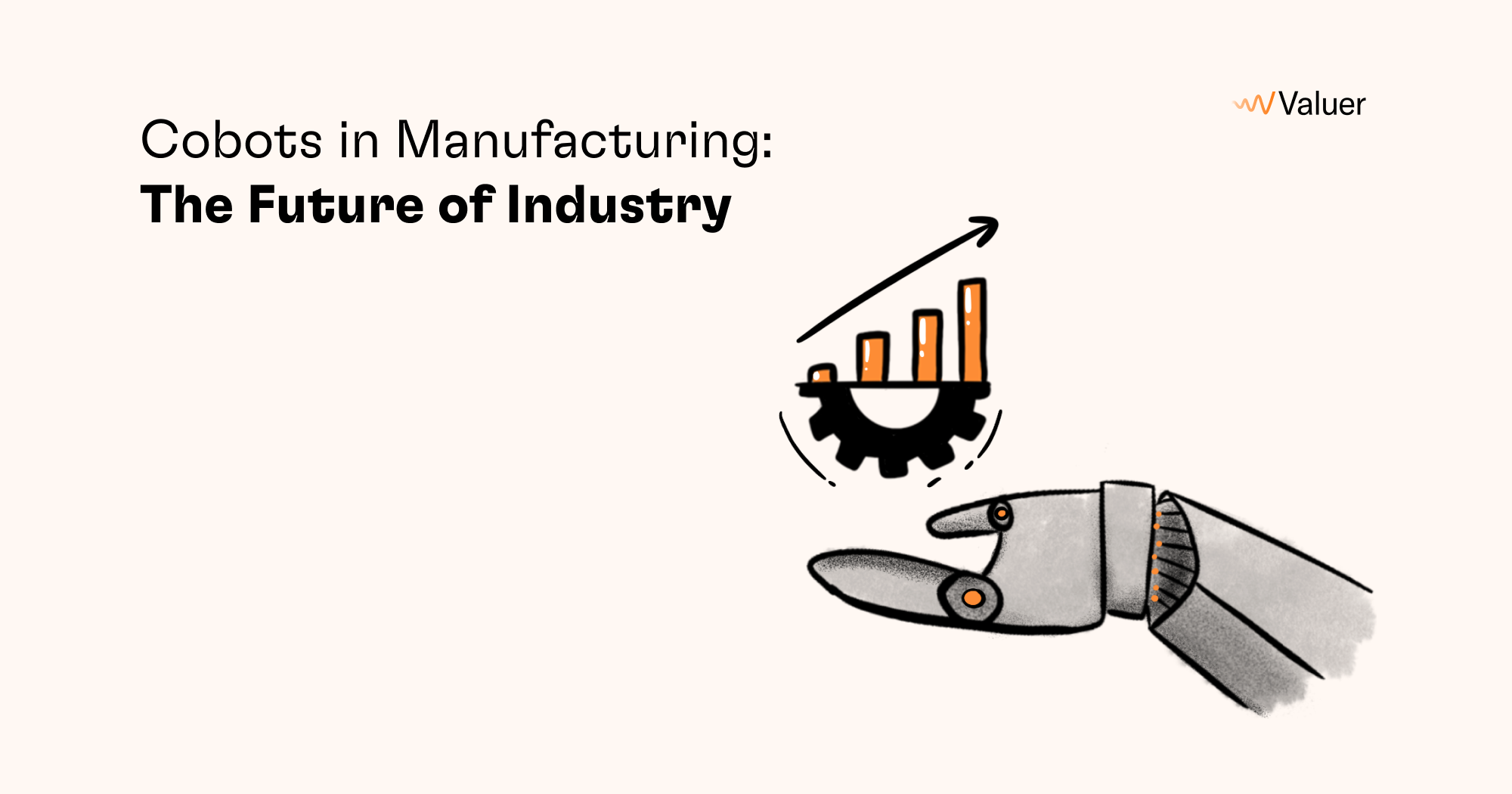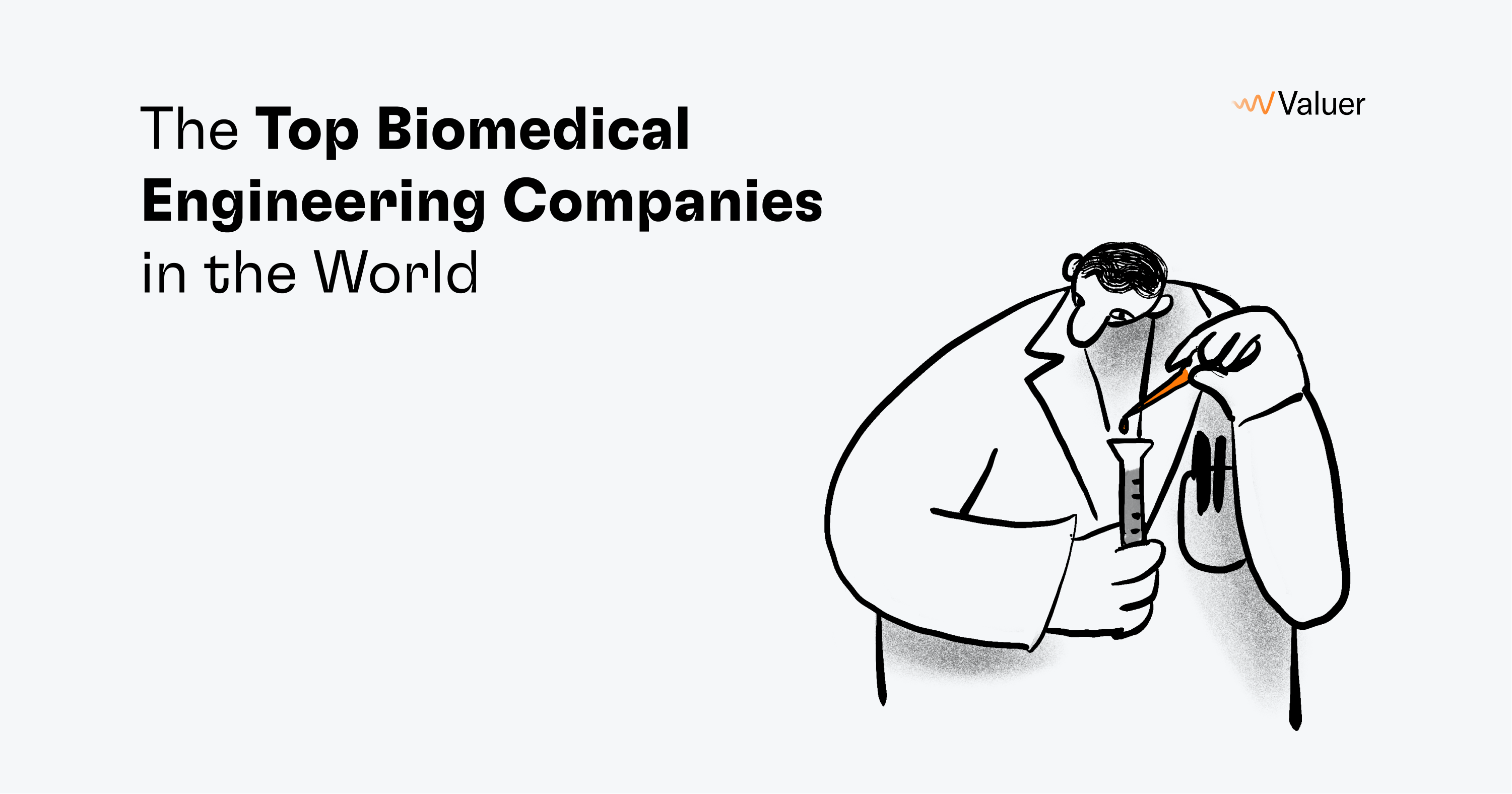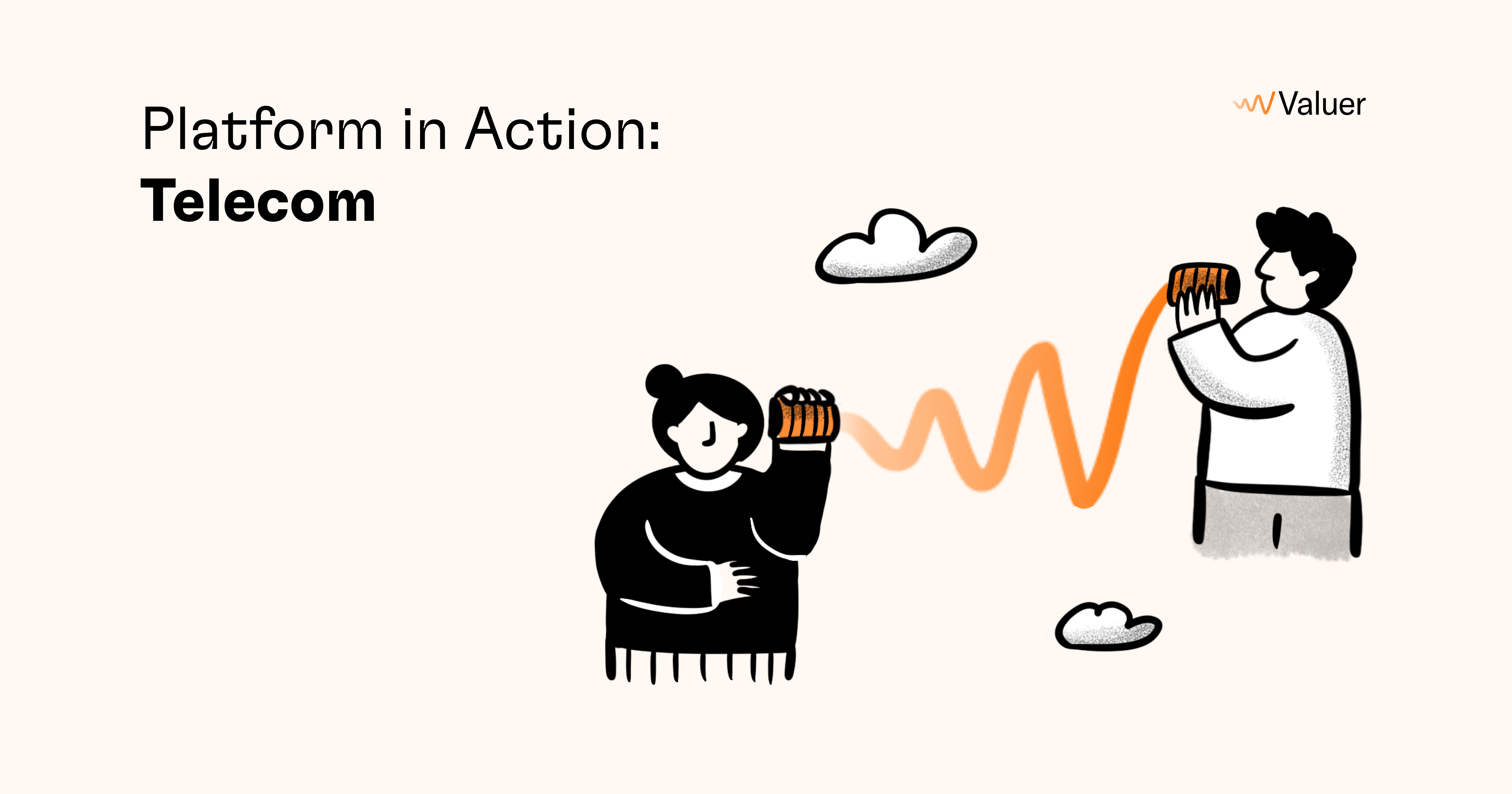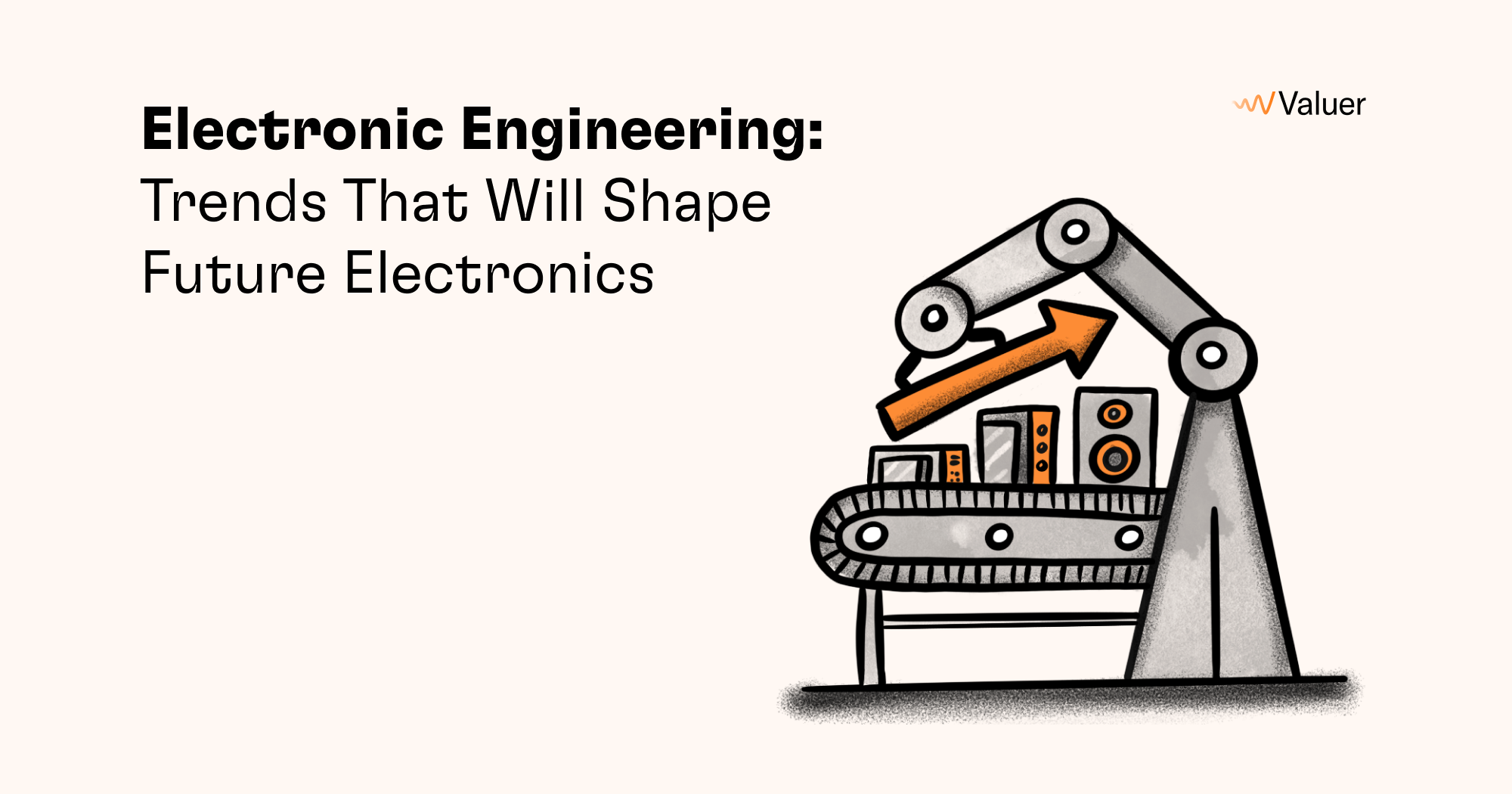*Updated December 2022
Even though we are still many years away from the artificial intelligence that we often see in TV and film, at least we are far beyond the point where anyone might ask “what does AI stand for” when the topic comes up. However, this “general understanding” of AI does often encompass the various types of artificial intelligence. As the technology develops, it opens up more and more AI solutions that can, and are, being deployed for both commercial and private use.
In this interview with our Chief Technology Office, Christian Lawaetz, we probe into the specific differences between these three factors of data science and learning. He helps define what AI is, what algorithms are used for, and how machine learning is developing.
What these three have in common is that they all share similar roots but differ in their use and output. This, along with understanding the differences between AI solutions, machine learning, and algorithms, will allow for more informed decisions now and in the future in a multitude of areas. Now, let’s dig into the interview.
So Christian, let’s start basic. What is machine learning? What are algorithms used for? And what is AI? Go.
Christian: “Well, all three terms touch on the same elements, as they all take data and automatically provide an output based on rulesets and instructions. The “simplest” of the three terms are algorithms. They can be very simple, like plotting a single point in a 2D space based on two input data points. Or complex polynomial (more than two input terms) algorithms that take a lot of input values to provide predictions.
Moving into machine learning, we generally consider this to be a group of algorithms all working together to predict an outcome, which generally works with a lot more data, and through multiple algorithms. It’s a complex total calculation that is not really feasible for humans.
Finally, you have the “breakpoint” between machine learning and AI, which is not clear (since technically, machine learning is part of the area of AI). But for the sake of simplicity, it can be separated based on the data that is fed into the machine learning/AI algorithms.
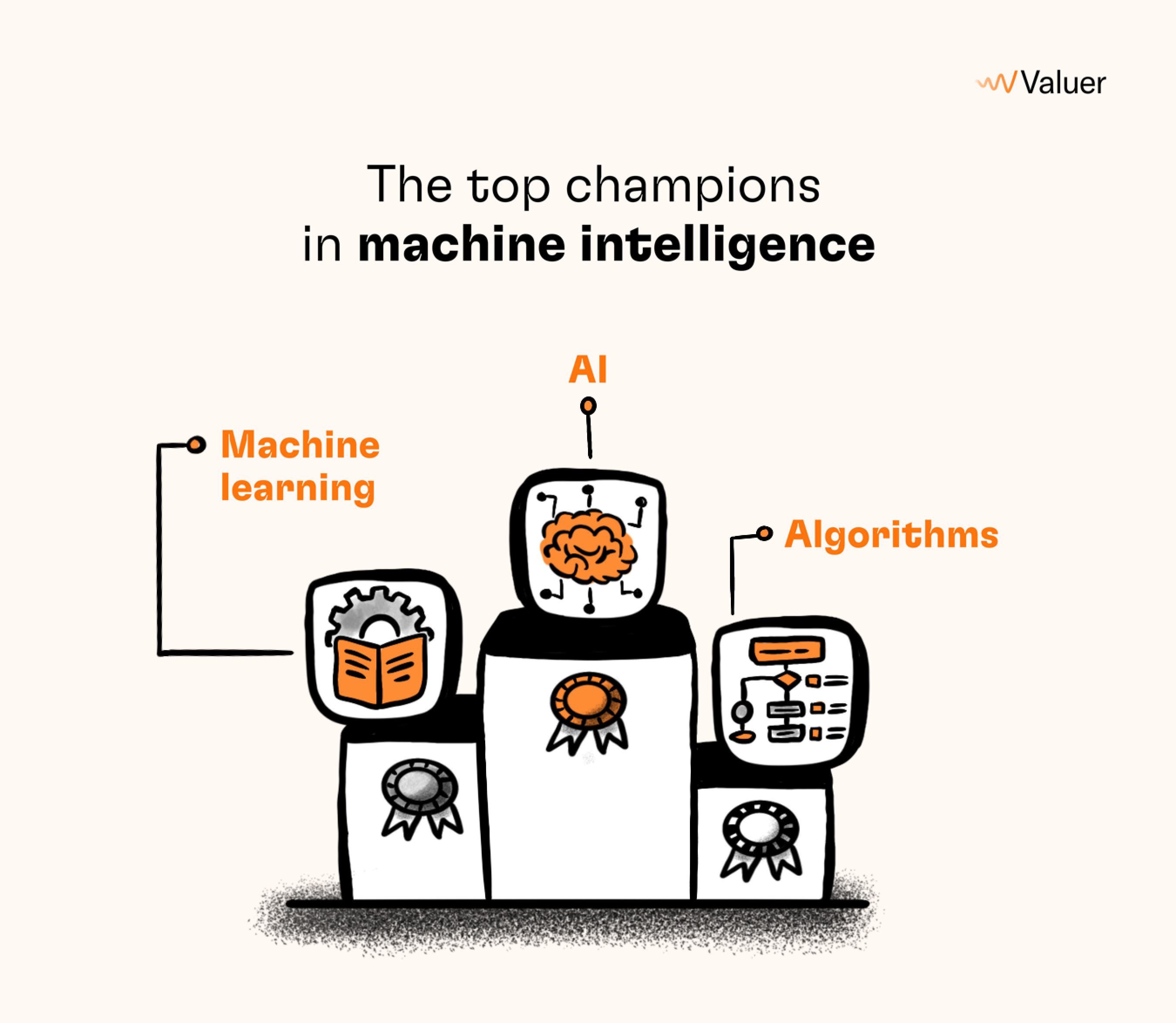
An AI system can be fed unstructured/unknown data and still function, meaning that it gets input that it has not received before and that its creators (humans) have not explicitly built the system to handle. This is where we start to see the reason why it is called Artificial intelligence since it’s able to make conclusions on situations that it has not been exposed to before like we are able to do with our “real” intelligence.”
Can you give an example of how each one of them might be used?
Christian: “Almost everyone has been working with and utilizing algorithms in one way or another, especially in those pesky maths classes with algebra and other sweat-inducing terms. But take it easy, they are brilliant, and here is why:
1. Algorithms enable us to build a simplified way to process information and conclude an outcome in a “fixed” system. It is crucial for a lot of economics, such as predicting RoI, pricing exercises, or depreciation. Anything where you want to “predict” something and plan from a dataset, you should (and most likely do) pick up an algorithm to help you generate predictions that you can work from. These can be very complex, as stated with those polynomial algorithms, where many elements and factors, such as time and market factors, can produce fairly complex predictions that our monkey brains would not be able to do without a magic set of instructions.
Most applications of algorithms are done through computers (obviously) but are “generally” simple enough for us to generate understanding and insight into how and why a result is given. This can be very important for certain applications, such as credit scores and other decision-making processes, which is a luxury we don’t always have with the big brothers of algorithms (Machine learning and AI).
2. Machine learning is not too different from algorithms in terms of functionality and applications. Generally, you should just consider them as more complex algorithm that is able to process a lot more different types of data as data (factor of 100 more, just restricted by computations power), which enables it to also provide a wider range of outputs/results. Machine learning is found in almost everything we interact with when it comes to our devices. Anything from email spam filters in our input to traffic prediction and navigation on our favorite smartphone maps.
3. Finally, AI could just be concluded to be even more complex machine learning, but if we want to stick with the above definitions, then we should look at the limitations of what data can be fed into the system. Here we could look at image recognition (what is on the image we feed to the AI) or self-driving cars.
These applications face a lot of unknown data. No matter if it's something the image recognition has never seen before or a pack of reindeer with red noses crossing in front of a self-driving car, an AI would (or should) be able to handle these unknown data points, feed them into the vast and enormously complex system of algorithms, and make a decision that works within its limits of application.”
.png?width=1350&name=Three%20pillars%20of%20machine%20intelligence%20-%20Image%2002%20-%20Insight%20Image%20(1).png)
What is all the hype around AI and why should we use it?
Christian: "Except for the most common way for people to be introduced to AI, being some American actor falling in love and/or fighting a humanoid robot, there is a lot of hype around AI and the opportunities (and risks) it can bring to our society. But generally, if we follow a simple rule that I like to live by, “solve a problem in the simplest way possible,” then we will find situations where our brains, algorithms, or even machine learning will not be sufficient to solve.
[Related Article - How to Identify New Trends In Your Target Market With AI]
This is where AI should be applied and where it can be truly magical. The world is complex and with problems that have a lot of impact/influence from the world around us (where we can separate the problem into a closed system), and we can draw immense benefits from algorithms.
Just like self-driving cars, we need a system that can take almost any kind of scenario possible and actually deal with it. It is actually the opportunity to mimic what makes humans great at a lot of stuff and hopefully remove some of the issues that sometimes make us fail (like getting distracted while driving).
So, in essence, AI should be used when we need a complex system to solve the problem. And since it “only” requires electricity to run and it can be a lot more efficient than meat computers (us), it can very quickly become way more efficient and profitable (not even counting things that we are not able to do that an AI would be able to solve)."
Bias seems to be a thing that is mentioned around AI, can you elaborate?
Christian: "I tend to look at it this way, intelligence (the way we know it) is inherently biased, but there is a good reason behind it. Just look at our monkey ancestors on the savanna, if you didn't have some bias that said “yellow eyes in the tall grass, f’ing run,” then you would not survive. Similarly, our bias is just part of our decision-making process that makes it less computational, and therefore quicker and easier to make a decision. Now, the issue comes when human bias, based on computational limitations, is transferred to systems that don’t have these limitations and therefore could (and should) run the entire process every time without shortcuts.
However, since artificial intelligence is based on our “real” intelligence, or at least fed with the data that we generate and face, it is very difficult to avoid the AI adopting similar traits, since it’s trained on human results that are inherently biased. This is not to say that we can’t avoid it. There are many techniques to do this, like drawing from statistics to ensure significance for findings and setting up trials and tests that validate these findings. As an example, having AIs determine court rulings or pick candidates from job applications is often found to become biased based on the data that it was fed as training material."
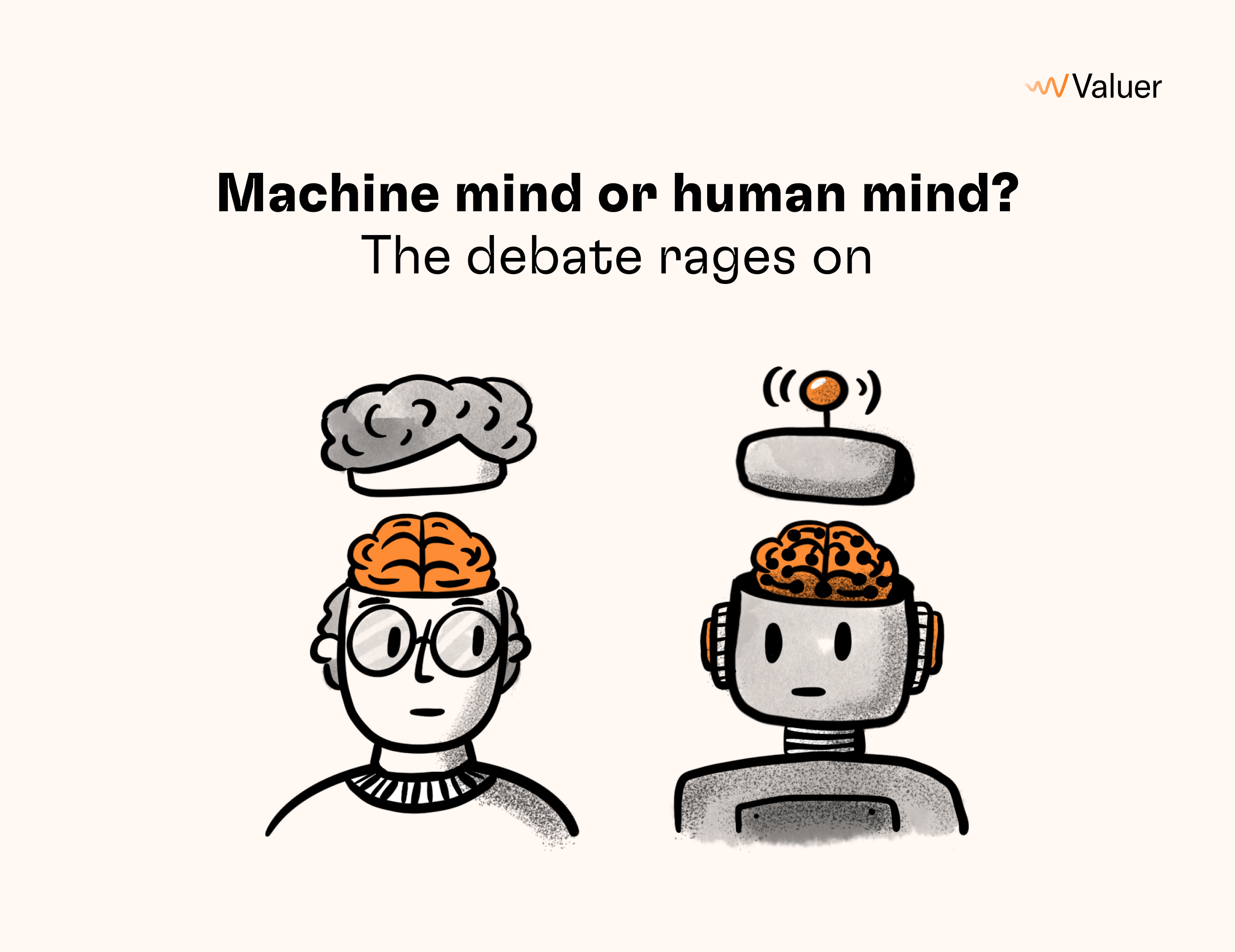
When should we not use AI, or is it always a great thing?
Christian: "This links very well to my answer as to why we are hyped around AI and why we should use it. We should not use AI when there is a simpler way to solve the problem. AI is not a magic wand, even though we do see a lot of companies sprouting up that seem to present it that way. If an algorithm can solve a problem with satisfactory accuracy, then stick with that. Additionally, the amount of training data determines the applicability of AI.
To build a functional AI, you need a lot of data. So, if you don’t have that, maybe stick with making a decision based on simpler rulesets. Finally, the issue of a “black box” solution can be a reason why you should not use an AI or why you should at least choose something transparent for us humans.
A Black Box is a solution that might provide a very useful output, but you have no idea how to trace it back to the exact data points that selected that specific outcome; Neural Networks are perfect examples of this. This is already something that needs to be transparent in terms of credit scores and other personal data elements, and in these cases, you need a solution that is “simple” enough to show how it works and why it picked what result."
Why would/should you consider AI/data science in your organization?
Christian: "I think you should always start by considering data science in your organization. A good thing to remember is that you can generate great results with a simple algorithm and great data, but you will always get bad results from bad data, even with a very complicated algorithm/AI. So before you dive into AI and try and onboard a couple of kickass AI engineers (good luck getting your hand on those btw), you should explore what relevant data you have in your organization and what you are trying to solve with it. Most likely, many organizations that have no data science department would benefit immensely from setting up a data science team that collects, structures, and processes the data you have.
They would be able to generate insights by applying simple algorithms (I promise you a linear regression algorithm on a structured data set can do magical things!). Then, as mentioned above, when you are faced with problems within the area of data science, see if you can solve them in a simple way and then move upwards in the food chain of machine learning and AI until you find a solution that works for your problem.
Then, down the road, if you need live implementations of decision making into your business, then machine learning and AI become a lot more appealing, based on the ability to work with a lot of possible data input and still provide conclusions on the fly."
How do you know if data science and AI are relevant for you?
Christian: "I would be so daring to put a bet down, right here, that data science would be relevant for anyone, and I would be surprised if I get an example of a business application where it won’t help the business. However, most businesses are already making decisions based on data (a rough definition of data science) through having data on hand and making decisions on the back of those. It then requires some consideration and evaluation if a dedicated data science team would be worth it. Since it is a very sought-after resource and not always easy to just shoehorn into your organization."
What are the limitations/struggles of building a culture of data science?
Christian: "A struggle that I have seen many businesses experience is with building a culture of data science, which is the way that data science works to generate valuable outputs. Data science is not very different from statistics and scientific research, where you often have very long projects that require a lot of trial and error to even conclude the project (with no guarantee that the output will be significant or useful). A team of data scientists could spend many months sifting through data only to conclude that there is nothing useful here to help the business.
While I would state that finding out that something is not useful is also a useful result, I doubt that many business owners who focus on the bottom line and the shareholder dividends would agree that 6 months of data science payroll with no actual business impact would be worth it or successful.
But here, I would suggest anyone currently pulling out their hair over lacking output from their data science department to compare it with R&D. You might have a lot of inventions that turn out to be nothing, but finding that one solution that becomes your next cash cow is without a doubt worth the time, cost, and effort it takes to get there. Data science can be approached the same way, build an environment where experimentation, trial and error, and tinkering is not only allowed but also rewarded, and I promise you that over time you will cherish the commitment (so will the data science team btw) and think to yourself how you would ever be able to live without a culture of data."
The AI wrap-up
The world of AI is a difficult one to navigate, no matter if you're a layperson or expert in the field. What we gathered from the article is that knowing when and where to apply certain AI solutions is critical.
Applying the right solution in the right circumstance can open doors for businesses in a variety of ways, and going forward could become critical for the success and longevity of a company. Investing in a sound data science team would be one way of ensuring that you are utilizing the golden resource that data has become in an efficient and effective manner.


